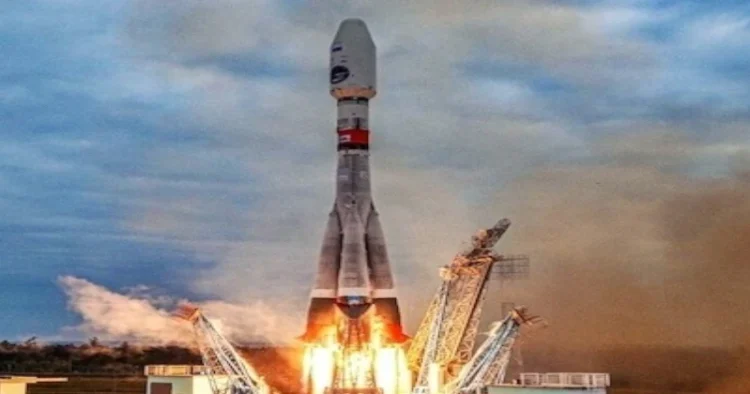Russia’s lunar exploration efforts suffered a setback as their Luna-25 spacecraft tragically crashed into the surface of the moon after losing control.
Director of the Indian Institute of Astrophysics, Annapurni Subramaniam, commented on the situation, saying, “A very big credential regarding space exploration 50 years ago and they attempted this after about 50 years. We hope that they still continue to have the knowledge, capacity and experience and that they will be able to solve it and go ahead with their Luna-26 and Luna-27 missions as planned.”
The Luna-25 mission, intended to explore the moon’s surface, met an unfortunate end when it spun out of control and collided with the lunar surface.
The Russian state space corporation, Roskosmos, reported that contact with the spacecraft was lost shortly after an issue arose as it entered its pre-landing orbit.
In an official statement, Roskosmos revealed, “The apparatus moved into an unpredictable orbit and ceased to exist as a result of a collision with the surface of the Moon”.
This incident highlights the challenges and risks associated with lunar exploration.
Now, the spotlight turns to India, where the Indian Space Research Organisation (ISRO) is gearing up for the Vikram, the landing module of Chadrayaan3 , to make a soft landing on the lunar surface.
India’s Chandrayaan-3 spacecraft is scheduled to make its landing on the Moon’s south pole on August 23, at approximately 18:04 IST.
Chandrayaan-3 represents ISRO’s endeavour to achieve a successful soft landing on the moon.
If successful, India will become the fourth country in the world to accomplish this feat, joining the ranks of the United States, Russia, and China.
The world will be watching closely as India aims to make its mark in lunar exploration, demonstrating its capabilities and expertise in space missions.
(with inputs from ANI)



















Comments